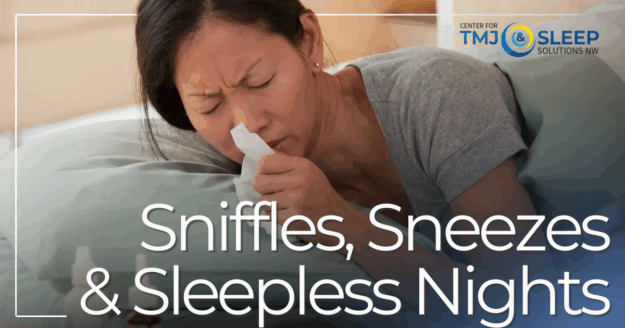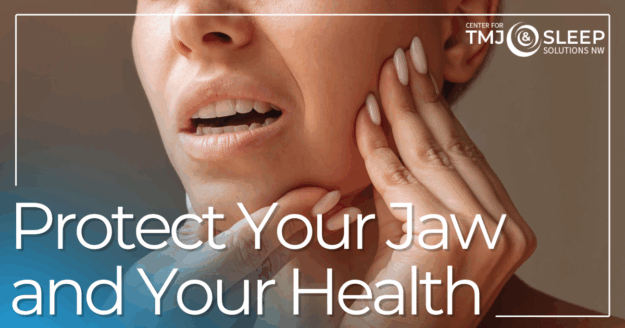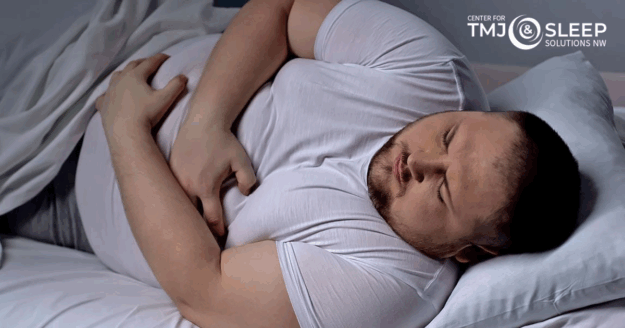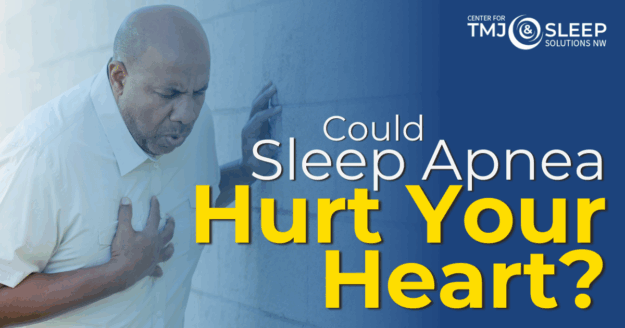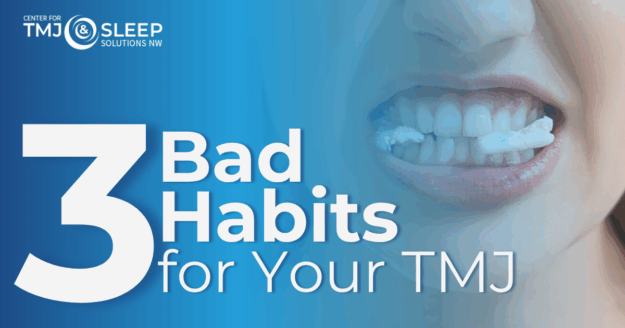Holiday Stress And Its Impact On Sleep Apnea & TMD
The holiday season is often described as the most wonderful time of the year. But for people with sleep apnea or temporomandibular joint disorder (TMD), the holidays can also bring unique challenges. Stress, schedule disruptions, and different routines can all make symptoms worse, leaving you more exhausted and less able to enjoy the season. At Center for TMJ & Sleep Solutions NW, we see this every year, and we’re here to help! Understanding how stress affects you is the first step toward managing your condition effectively so you can focus on what matters most: time with loved ones.


